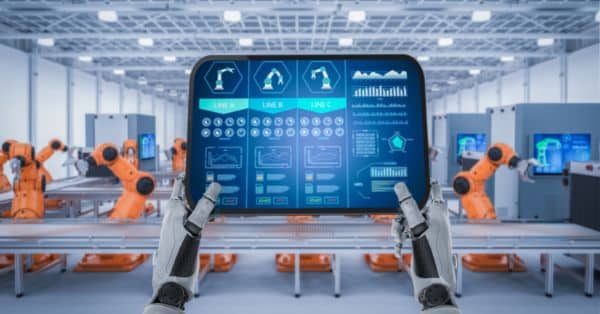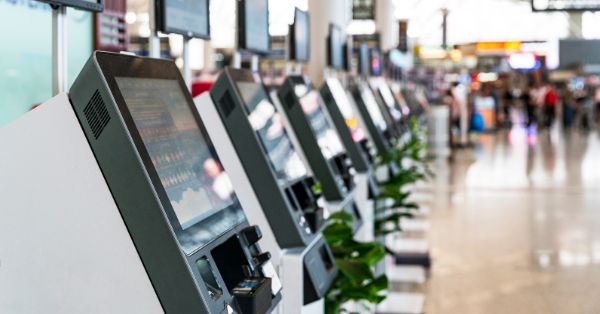LS telcom AG and Siemens AG have formed a strategic partnership to offer private 5G wireless technology to a broad range of industrial applications. This collaboration aims to deliver comprehensive, high-performance 5G solutions that enhance operational efficiency and optimize processes across sectors.
Siemens, a technology leader, and LS telcom, a global expert in radio communications, frequency management, and radio monitoring, are combining their expertise to provide cutting-edge 5G private network infrastructure for industrial customers. This collaboration ensures that businesses have access to a robust 5G campus network tailored to their specific needs.
Siemens’ private 5G infrastructure empowers companies to operate self-sufficient, high-performance wireless networks that enhance business processes and production workflows. The result is improved efficiency, cost savings, and long-term process optimization. The partnership offers a full suite of services for private 5G networks, including consulting, licensing, planning, and implementation. This end-to-end approach ensures that the 5G solutions are customized, scalable, and future-ready to meet the evolving needs of industrial clients.
Roland Götz, Chief Operating Officer of LS telcom, highlighted the value of the partnership: “We are excited to collaborate with Siemens to provide our customers with German-developed 5G infrastructure for independent industrial networks. This cooperation with such a renowned partner adds significant value to our customers, delivering future-proof solutions.”
Daniel Mai, Director of Industrial Wireless Communication at Siemens, echoed this sentiment: “Partnering with LS telcom, a specialist in private mobile networks, allows us to offer our customers advanced 5G private networks. LS telcom’s expertise in consulting, services, and integration will add substantial value for industrial clients seeking innovative solutions.”
About LS telcom
LS telcom is a global leader in providing technologies and consulting services focused on the efficient use of radio frequencies. The company specializes in optimizing spectrum management and usage, ensuring reliable, interference-free, and secure radio services across a variety of markets. Their portfolio includes consulting services, measurement solutions, and integrated tools for the planning, analysis, monitoring, and management of radio infrastructures. With over 100 countries as part of their customer base, LS telcom works with a broad spectrum of clients including regulatory authorities, mobile and broadcasting network operators, ministries, public authorities, and companies from sectors like transportation, utilities, and industry.
With a global presence that includes subsidiaries in Australia, Germany, the USA, the UAE, and beyond, LS telcom is well-positioned to deliver cutting-edge solutions to its clients. The company’s headquarters are in Lichtenau, Germany, and LS telcom has been listed on the German Stock Exchange since 2001 under ISIN DE 0005754402. For more information, visit www.LStelcom.com.
About Siemens
Siemens AG, headquartered in Berlin and Munich, is a leading global technology company. It focuses on key areas such as industry, infrastructure, mobility, and healthcare. Siemens’ mission is to develop innovative technology that enhances everyday life for people around the world. By bridging the gap between the physical and digital worlds, Siemens helps its customers accelerate their digital and sustainable transformations. This allows for more efficient factory operations, smarter cities, and more sustainable transportation solutions.
Siemens is also the majority owner of Siemens Healthineers, a global leader in medical technology. In the fiscal year 2023, Siemens reported €74.9 billion in revenue and a profit after tax of €8.5 billion. As of September 30, 2023, Siemens employed around 305,000 people globally. For more information, visit www.siemens.com.





























